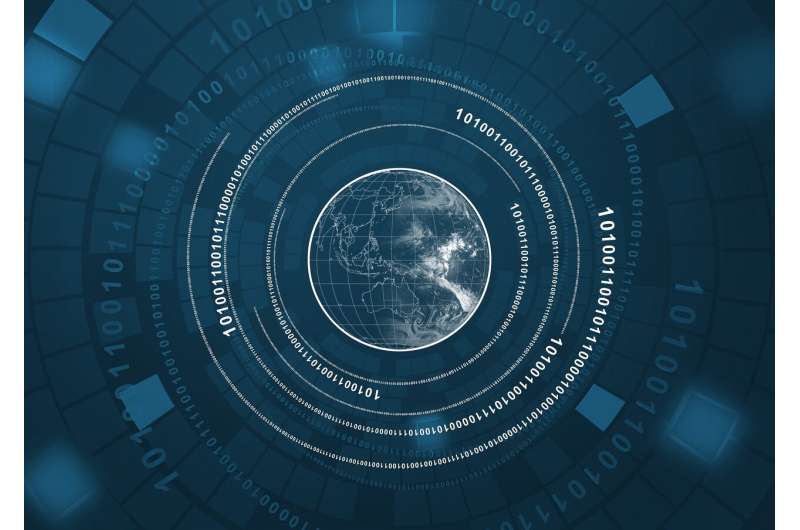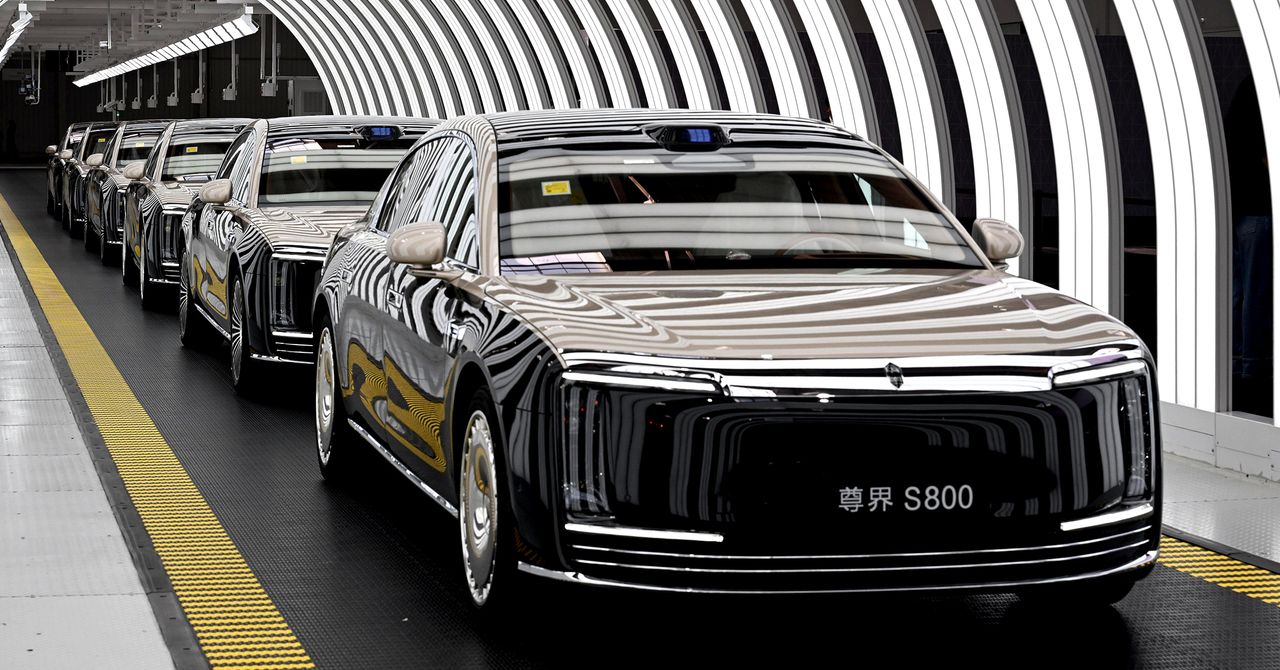
Despite suggestions it has been losing its edge, California is way ahead of others when it comes to the hottest technology right now: artificial intelligence.
The regions around San Francisco, San Jose and Los Angeles are among the top ranked in the country for AI, according to a report released on July 16 by the Brookings Institution.
The Washington think tank dubbed the San Francisco and San Jose metropolitan areas “superstars” when it comes to having everything in place to launch big AI businesses. Three out of the top 10 city regions most ready for AI are in California, according to the report. No other state has more than one region in the top 10. Texas had none in Brookings’ top 10. Austin was ranked 11th.
With tech giants such as Google, Meta and Nvidia headquartered in Northern California and OpenAI securing a record-breaking $40 billion in funding and teaming up with California universities to bring its AI chatbot ChatGPT to campuses this year, it’s no surprise that the Bay Area cities dominate.
“They really are in a class of their own, given the sheer scale, dominant big tech headquarters, massive research labs and venture capital,” said Mark Muro, a senior fellow at the metropolitan policy program at Brookings who co-wrote the study.
Los Angeles, home to top-tier universities, film studios, defense tech start-ups, social networks and dating apps, is also a big AI contender. The Los Angeles metro area, which includes Long Beach and Anaheim, is part of the second-highest cluster of AI-ready regions Brookings calls “star hubs,” the report said.
The analysis shows how California metropolitan areas are among the most prepared for AI, technology with the potential to reshape industries as diverse as health care and entertainment. The San Diego metro area was also part of a cluster deemed more ready for AI. It was ranked 12th.
Brookings examined venture capital funding, AI job postings, the number of computer science degree holders, patents and other data. The information gathered about 387 metro areas provided insight into whether certain places have more or less AI talent, innovation and adoption.
After analyzing this data, the think tank clustered metro areas into six different groups, indicating which are the most AI-ready. The groups are superstars, star hubs, emerging centers, focused movers, nascent adopters and others. Two metro areas are considered superstars while 28 are star hubs.
The less AI-ready groups lagged behind when it came to major tech employers, computer science graduates, patents, contracts and other factors. Metro areas that included Stockton, Modesto, Visalia and Bakersfield in California were part of the “others” cluster.
Rural counties and small metro areas fell behind when it came to AI talent and innovation, the report said. The number of AI startups and venture capital funding was “virtually nonexistent” in these areas.
AI has the potential to create new jobs, but it could also displace mundane and tedious tasks, reshaping the job market. Making sure that AI doesn’t just put tech workers and other people out of work is one downside more AI-ready metro areas will have to watch out for, Muro said.
Mass layoffs in the tech industry, the release of AI tools that can code and do other tasks, and executive remarks have heightened concerns that companies will shrink their workforce.
Metropolitan areas that included New York, Boston, Washington, Chicago, Atlanta and Seattle were also deemed more AI-ready than other places. Several Texas metropolitan areas that encompass Austin, Dallas, Houston or San Antonio are part of the star hubs cluster.
The region around New York was ranked No. 1 for AI readiness because of the sheer volume of talent, AI job postings and high-performance computing usage. But researchers also considered other factors such as a region’s density when coming up with clusters and wanted to highlight the Bay Area’s advantage.
The tech industry is growing in Texas, where Austin bears the nickname “Silicon Hills.” Some of the world’s largest tech companies, including Google, Meta and Amazon, have offices in Austin. And some entrepreneurs, including Elon Musk, have moved the headquarters of their companies to Texas in recent years.
The Austin area has a large pool of computer science, engineering and math graduates, but the San Francisco Bay Area still has more AI startups, venture capital deals, patents and U.S. worker profiles with AI skills, data from Brookings show.
The AI economy is massively concentrated on the West Coast, but cities throughout the United States are catching up. The Bay Area, Muro said, will probably remain a central AI hub in the future.
“They will likely not displace the importance of the Bay Area, but they will complement it,” he said.
More information:
Mark Muro, Shriya Methkupally. Mapping the AI economy: Which regions are ready for the next technology leap. www.brookings.edu/articles/map … ext-technology-leap/
2025 Los Angeles Times. Distributed by Tribune Content Agency, LLC.
Citation:
California tech hubs are set to dominate the AI economy, report suggests (2025, July 17)
retrieved 17 July 2025
from https://techxplore.com/news/2025-07-california-tech-hubs-dominate-ai.html
This document is subject to copyright. Apart from any fair dealing for the purpose of private study or research, no
part may be reproduced without the written permission. The content is provided for information purposes only.



